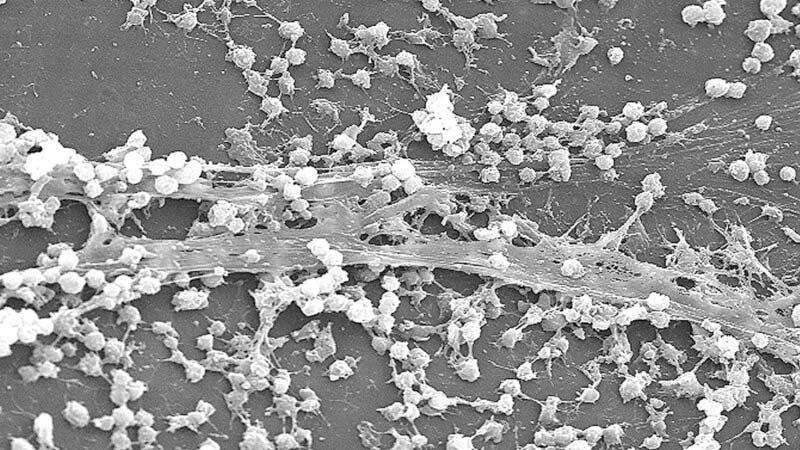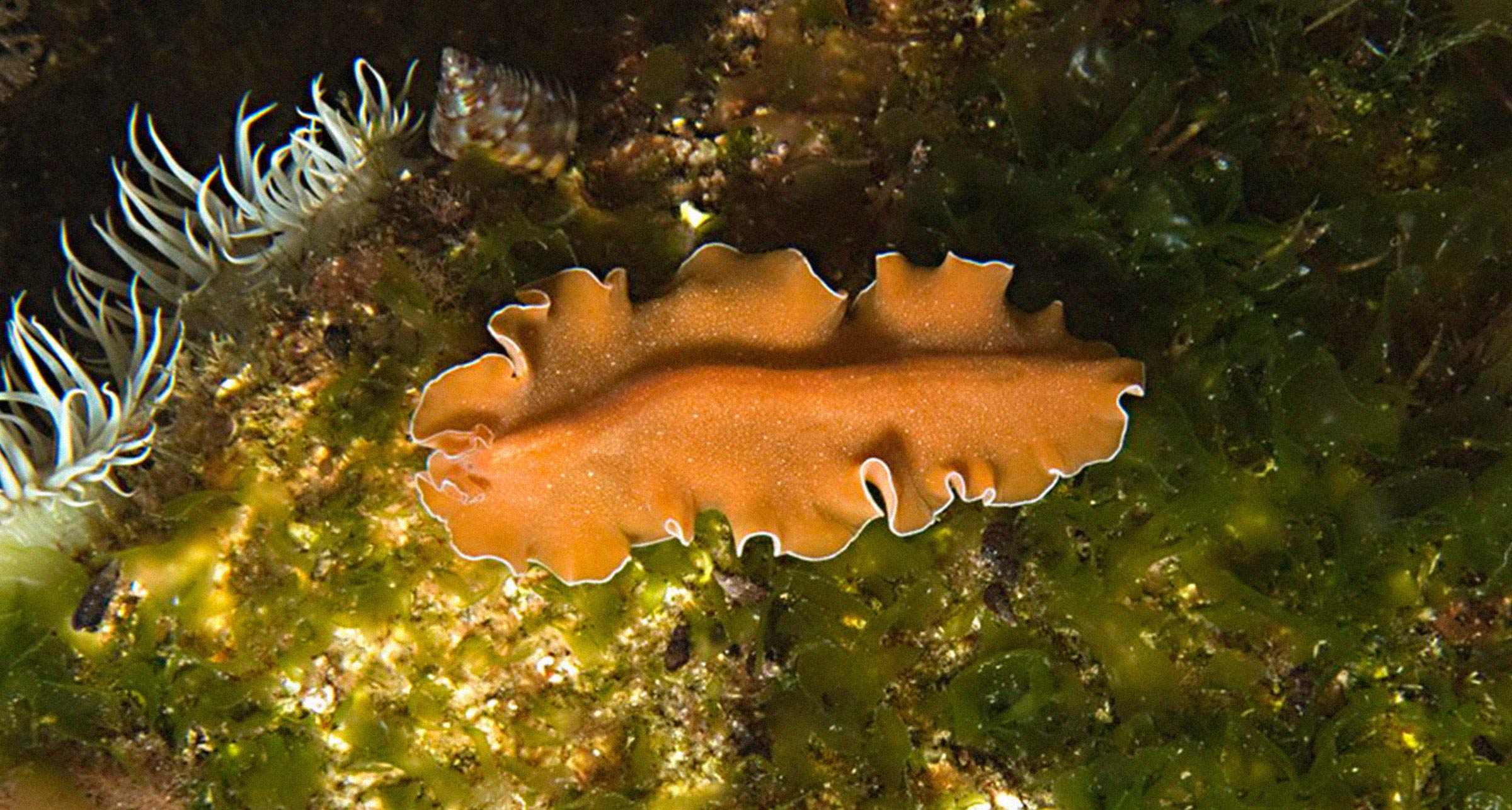XMILE
Microbial exopolymers: diversity, function and applications

Context
Glycoscience, which studies the science and technology of carbohydrates (sugars or glycans), is having an enormous impact on different aspects of our economy, such as biotechnology, health, food, the development of new materials and energy in recent years. Glycans are involved in key biological processes such as cell recognition, pathogenicity and immune response, so their study is of great importance for human health and is enabling the development of new biomedical tools.
Furthermore, they can be exploited at an industrial level for different purposes, such as obtaining energy and materials or as food additives, among others. The potential of these compounds is therefore enormous, and Glycoscience is a rapidly expanding area in which radically innovative biotechnological applications are currently being developed.
The glycans commonly used at the industrial level come mostly from plants, such as cellulose. However, other organisms such as fungi and bacteria can also produce them.
In particular, some bacterial strains can produce and excrete into the environment a highly diverse and complex type of glycans (exopolysaccharides or EPS), as a mechanism of adaptation to environmental conditions such as, for example, the marine environment.
EPS of microbial origin have unique biological, physicochemical and rheological properties that make them potent gelling, stabilising, thickening or bioflocculant agents, and therefore candidates with high industrial potential. In addition, there is evidence that some EPSs may act as antioxidant, anti-inflammatory, immunomodulatory or anticancer agents.
The growing interest in the search for sustainable energy sources and biocompatible and biodegradable materials positions microbial EPSs as high-value products in the field of microbial biotechnology.
Opportunities
Some of the main opportunities that have been identified in Glycoscience or carbohydrate technology are:
- Use of polysaccharides as an alternative raw material to polymers of petrochemical origin, with the aim of reducing the carbon footprint.
- Use of polysaccharides as new tools in the field of human health. Polysaccharides are currently being used as low-cost biomarkers for the diagnostic and personalised medicine market, in the development of new vaccines and antimicrobials, and in anti-cancer and anti-diabetes treatments, among others.
- Use of polysaccharides as beneficial and high-value agents in food. EPS can not only modify the formulation of foods to improve their physical and chemical properties (texturisers, thickeners, etc.) of natural origin, but can also be used to obtain new functional foods, i.e. to formulate foods that are beneficial to health.
- Use of polysaccharides in the cosmetics industry.
Project objectives
The main objective of XMILE is to investigate the production of exopolysaccharides (EPS) in bacterial strains with high biotechnological potential for the generation of products of high industrial value in the biomaterials, food and health sectors.
| Partners |
AZTI (Coordinator), CIC BIOGUNE, GAIKER, UPV/EHU. |
| Lenght |
2020-2021 |
| Funding |
EUSKO JAURLARITZA – GOBIERNO VASCO, Ekonomiaren Garapena, Jasangarritasuna eta Ingurumena saila- Dpto. Desarrollo Económico, Sostenibilidad y Medio Ambiente |







